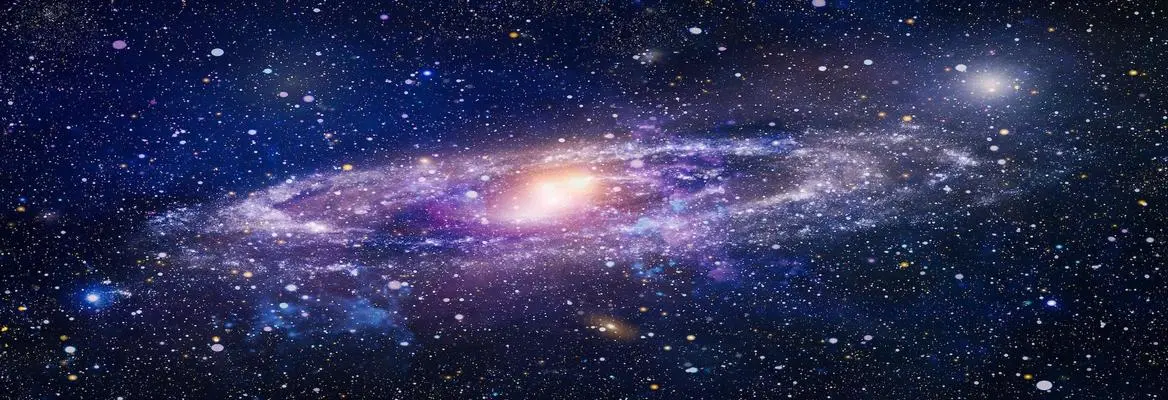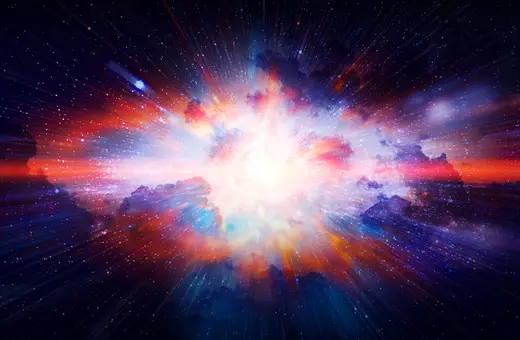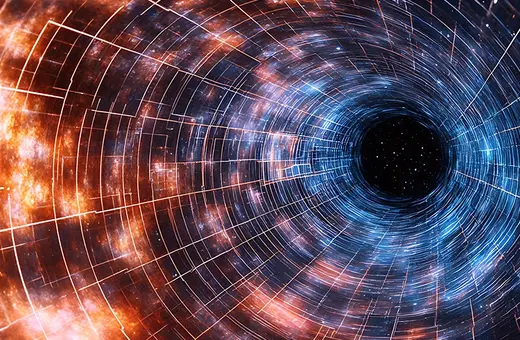The current orthodoxy of cosmology rests on unexamined assumptions that have massive implications for our view of the universe. From the size of the universe to its expansion, does the whole programme fail if one of these assumptions turns out to be wrong?
There is a great paradox haunting cosmology.
The science relies on a theoretical framework that struggles to fit and make sense of the observations we have but is so entrenched that very few cosmologists want to seriously reconsider it.
When faced with discrepancies between theory and observation, cosmologists habitually react by adjusting or adding parameters to fit observations, propose additional hypotheses, or even propose “new physics” and ad hoc solutions that preserve the core assumptions of the existing model.

Today, there is increasing critical attention on some problematic parts of the Standard Model of Cosmology. Dark matter, dark energy and inflation theory are parts of the standard theoretical framework that remain empirically unverified - and where new observations prompt ever more questions.
However, little questioning is heard of the many unverifiable core assumptions that make up our model of the universe.
Dark matter, dark energy and inflation theory are parts of the standard theoretical framework that remain empirically unverified.
Before any physics or mathematics is involved, the framework is based on a series of logical inference leaps - we count 13 - that works as an invisible premise for the theory. Of these, some are not testable or are barely plausible. But they are necessary as simplifying conditions that enable scientists to articulate a scientifically consistent theory of the universe.
What if any of these hidden inferences happen to be fundamentally wrong?
In this article, we would like to focus on just a few of these unverified core assumptions that make up today's standard cosmology, in order to raise a question:
Has the current standard model become orthodoxy because it is very well-founded and proven - as the consensus view would have it? Or is it rather orthodoxy because it’s become ‘paradigm stuck’ - that is, path dependent and unable to generate a viable alternative?
How do we know the Universe?
Let's first look at this science in the big picture.
No, not the big picture story of the "Big Bang" - the hot and dense state of the universe as it was billions of years ago - but rather the empirical problem of how we as Earth-dwellers come to picture the universe scientifically.
Cosmology is different from other sciences in a fundamental way. The sheer scope of the subject matter covers the largest extent imaginable - literally - and it does so based only on observations from our own local place within it.
Unlike physics in the micro scale, experiments cannot be repeated under controlled conditions. And the macrophysical universe as we know it is at least 30 orders of magnitude higher than that of particle physics.
In examining the unfathomably large universe, astronomers face serious difficulties. How can we, from the very limited region of space that is visible, comprehend the entire universe - let alone measure it with confidence?
As the physicist Sabine Hossenfelder recently pointed out, a key assumption like ‘the cosmological principle’ - that the universe is on average the same in all directions - does not hold up well against observations.
What is today called the Standard Model of Cosmology emerges in the context of these enormous limitations, which in turn require some far reaching simplifying assumptions to make a universal theory possible.





















Join the conversation